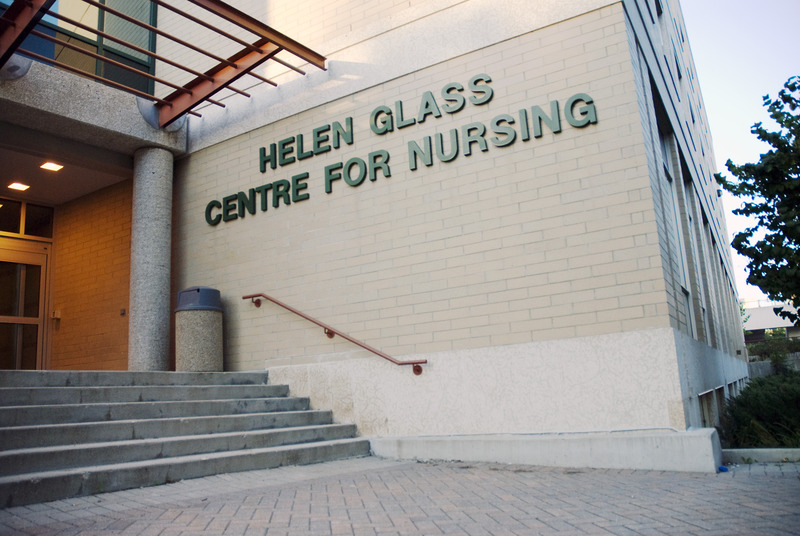The University of Manitoba will be increasing its number of nursing students by 50 per cent starting in May of 2023 in order to address Manitoba’s shortage of nurses.
The bachelor of nursing program will also accelerate to be delivered over three terms per year, rather than the two terms currently offered, with 120 students added in the fall, winter and spring and summer terms.
The governing Progressive Conservatives began making substantial cuts to health care in 2017 and have continued to do so as recently as 2021, when they made cuts to acute care.
Although the province has devoted over $110 million in its 2022 budget to improve health care in Manitoba, medical workers’ unions said that the budget did not offer enough to deal with the staffing shortage.
The provincial government is now investing $19.5 million to add 259 nurse training seats at five post- secondary institutions throughout Manitoba — including the 120 seats added to the U of M.
The province plans to add roughly 400 seats over the next few years.
Netha Dyck, the dean of the college of nursing at the University of Manitoba, said that these changes will not affect the quality or content of education students receive and will allow students to complete their program ahead of schedule.
“We’re increasing our seat capacity, and we’re changing and decreasing the time to completion, so there’s really no change to our curriculum,” she said.
The nursing college’s curriculum is currently completed over seven terms and Dyck said this would not change, “it’s just that the time to completion will change.”
She said this would make more nurses available to the health-care system “a year ahead of regular schedule.”
Dyck expects that the majority of these will remain in the province.
“We do survey our graduates six months post-graduation and again 12 months post-graduation, and so we do have a sense for where our graduates are working,” she said.
“Our graduates are gaining employment in the province and they’re staying in the province.”
As of May 2022, 28 per cent of nursing positions at Grace Hospital were unfilled and 18 per cent of positions at the Health Sciences Centre were vacant.
The shortage forced the 22 federally operated nursing stations located in Manitoba’s remote Indigenous communities to only provide emergency care in these areas.
“Certainly there is a high vacancy rate in the nursing positions within the health-care system and the health regions across the province, and that is why we’re really pleased and excited to contribute to addressing that shortage,” Dyck said.
Dyck said the nursing college is already working on recruiting “additional faculty and staff to assist with the delivery of the program and ensure quality education for our students.”
“We’ll be ready for when the additional students arrive in May of 2023.”





